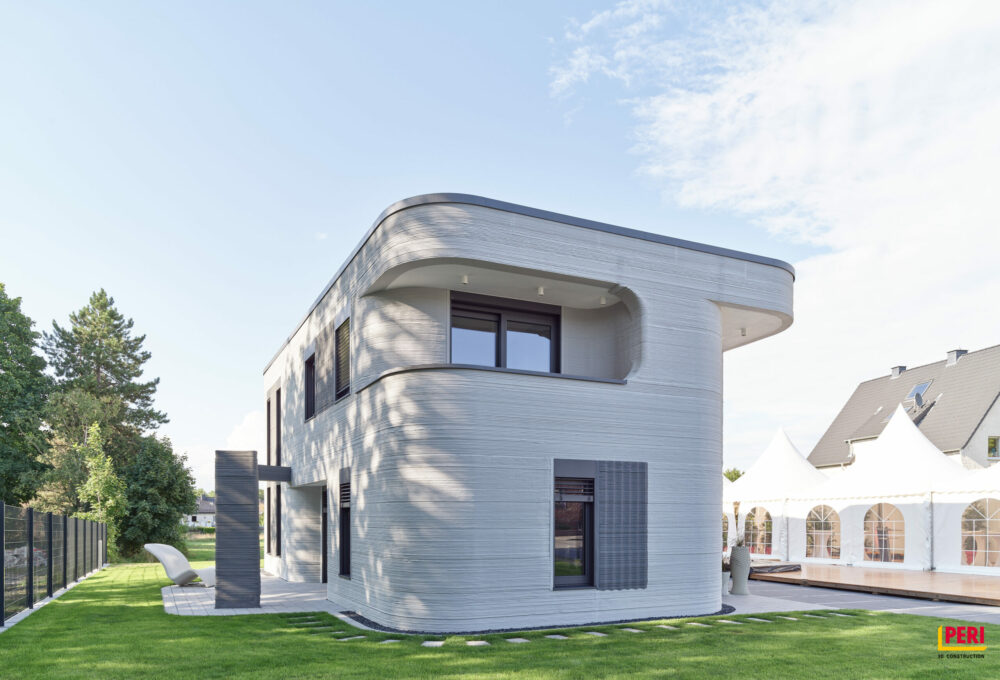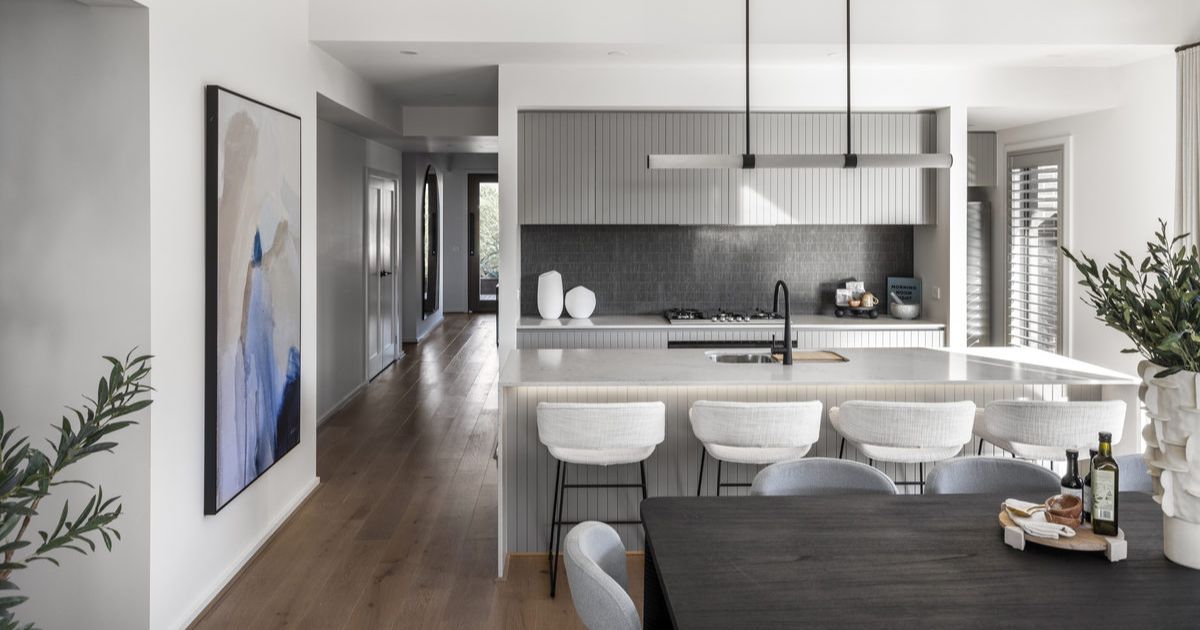3D printed homes on the way

3D construction printer companies are saying that they deliver faster, greener, more durable homes and commercial buildings, with greater design freedom than conventional building methods.
With the construction industry in turmoil as material shortages, spiralling costs and labour constraints hit home, the world of 3D printing is about to make itself known in the Australian construction industry.
With the tech responsible for replicating whatever it touches, 3D was bound to have an influence on the built form sector.
The 3D printing revolution has now hit Australian shores on a grander scale with Melbourne-based company Fortex announcing its exclusive partnership with COBOD International to bring the world-leading BOD2 3D construction printing technology here.
Fortex chief executive officer David Lederer said that COBOD 3D construction printers deliver faster, greener, more durable homes and commercial buildings, with greater design freedom than conventional building methods.
“Fortex is proud to be laying the foundation for a new construction paradigm in Australia with COBOD 3D printers,” he said.
“This world-leading technology is the disruptor conventional building needs, it is not only the future of construction, it is the now.”
COBOD 3D construction printing is reported to carve months off traditional homebuilding timeframes, streamlining labour and alleviating supply issues at a time when skills and material shortages plague the conventional housing construction industry.
Under its partnership, Fortex will be the exclusive Australian distributor of COBOD International products including the BOD2 3D construction printer.

Danish-based COBOD is at the forefront of 3D construction printing globally, with projects across six continents.
With an Asia-Pacific regional office in Kuala Lumpur, COBOD is headquartered in Denmark and counts world leading companies like General Electric and PERI among their shareholders and has an.
Simon Klint Bergh, regional general manager for COBOD Asia Pacific, said that they are proud to be partnering with Fortex to bring their state-of-the-art 3D construction printing technology to Australia.
“This arrangement, together with our new distribution partners Siam Cement in Thailand and KA Bina in Malaysia and our new regional office in Malaysia, will mean that we penetrate the growing market in Asia Pacific even further.”
The 3D printer’s modular design is developed to fit most projects, using innovative technology to control the extrusion of concrete, in accordance with the programmed build design.
The fully automated process is predominantly conducted onsite.
While single and multiple storey domestic projects will be the prime application, concrete and mortar 3D prints outside of home construction are also possible with wind turbine towers already having been printed by the COBOD BOD2.
“We are talking about smarter, better, faster building,” Mr Lederer said.
“And that means improved outcomes for building companies and consumers.”
The first BOD2 3D Construction printer will arrive in Australia in Q4 with COBOD equipment available for immediate order.


















